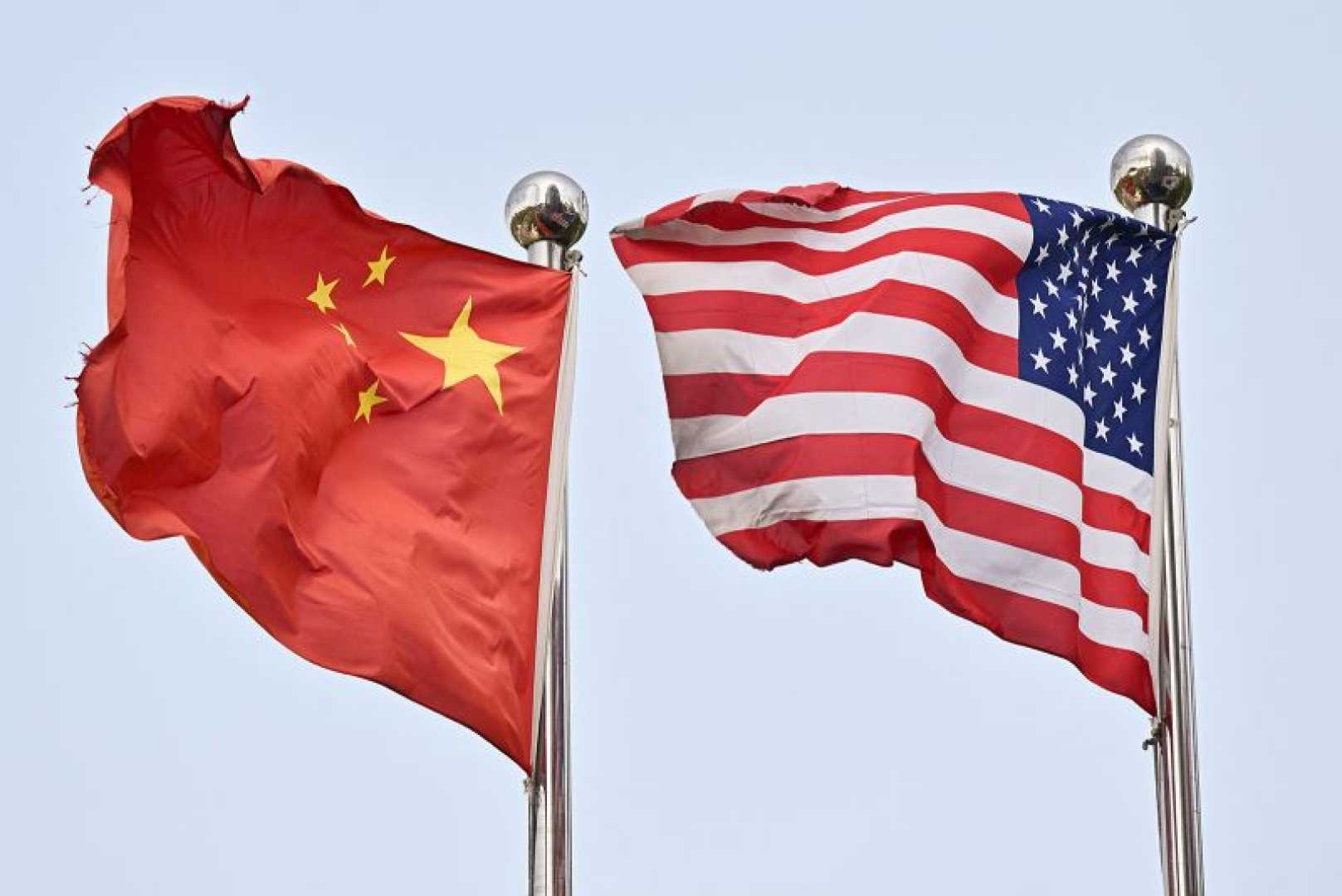Business
US and China Meet to Extend Trade Truce Amid Lingering Tensions

STOCKHOLM, Sweden — US and Chinese officials are meeting Monday to discuss extending a temporary trade truce before its expiration on August 12. The talks highlight the ongoing efforts to ease tensions between the world’s two largest economies.
Led by US Treasury Secretary Scott Bessent and Chinese Vice Premier He Lifeng, the delegations will negotiate through Tuesday. This marks their third meeting in less than three months. A primary focus of the discussions will be the viability of the current tariff detente, along with US tariffs related to fentanyl trafficking and China‘s continued purchases of sanctioned oil from Russia and Iran.
Bessent indicated that an extension of the truce is likely, stating, “Trade is in a very good place with China.” This meeting is seen as an opportunity for both nations to reassess their economic relationship, especially after high tensions characterized by substantial tariff increases in previous months.
The previous truce, established in June, prevented a further escalation of tariffs that had reached as high as 100%. Reports suggest that both sides have recently taken steps to show goodwill; for instance, Beijing suspended an antitrust investigation into American company DuPont.
Experts anticipate that the current discussions will lead to another 90-day extension of the truce, allowing tariffs to remain at 30% while further negotiations continue. “This is a fragile ceasefire,” said Josh Lipsky, chair of international economics at the Atlantic Council. “All signs point to another temporary extension as both sides seek to avoid further escalation.
During the talks, tariffs imposed on China, particularly those linked to fentanyl, are a priority for Beijing. Experts note that the US tariffs include a 20% levy related to fentanyl trafficking, which China is eager to have removed.
In related developments, US officials are concerned about China’s purchases of oil from Russia and Iran, which may become a contentious point in the discussions. Business and economic ties between the two countries are in a delicate balance following a series of trade deals made by the US government with other nations.
The outcomes of the Stockholm meeting could reveal whether the temporary truce can evolve into a more robust agreement that addresses lingering issues in US-China trade relations.












